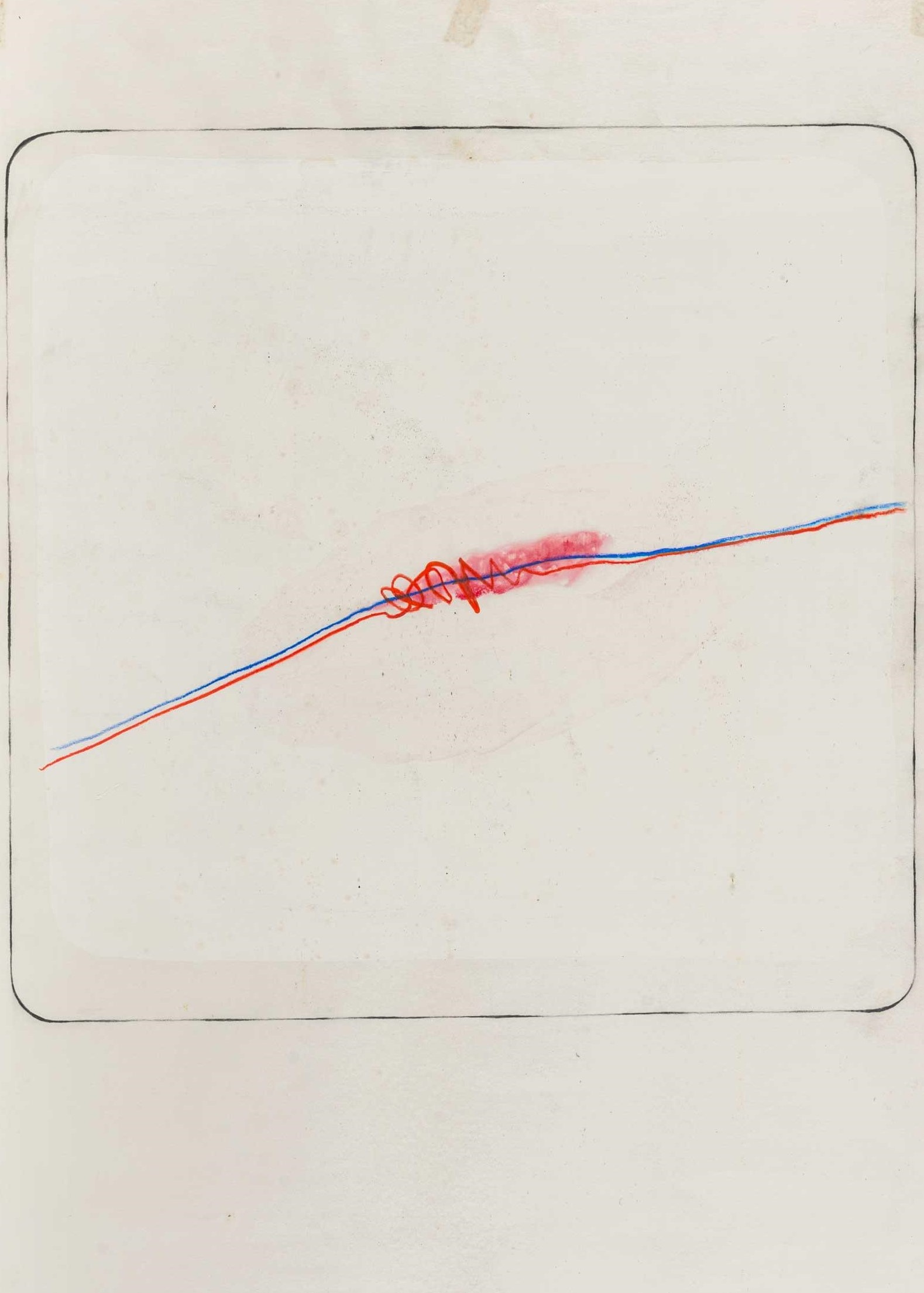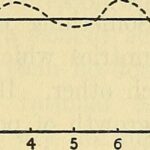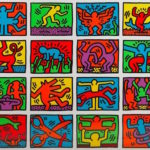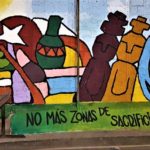
“A Science of Destruction”: An Interview with Gigi Roggero on the Actuality of Operaismo
The operaist inversion must be understood in light of the irreducible partiality of the viewpoint: first the class, then capital. Capital is not the subject of History, it is not that which does and undoes, that which determines development and the conditions for its own overcoming. Rather, history is non-teleological, and at its center is class struggle, its power of refusal and its autonomy.
 Viewpoint Magazine
Viewpoint Magazine






